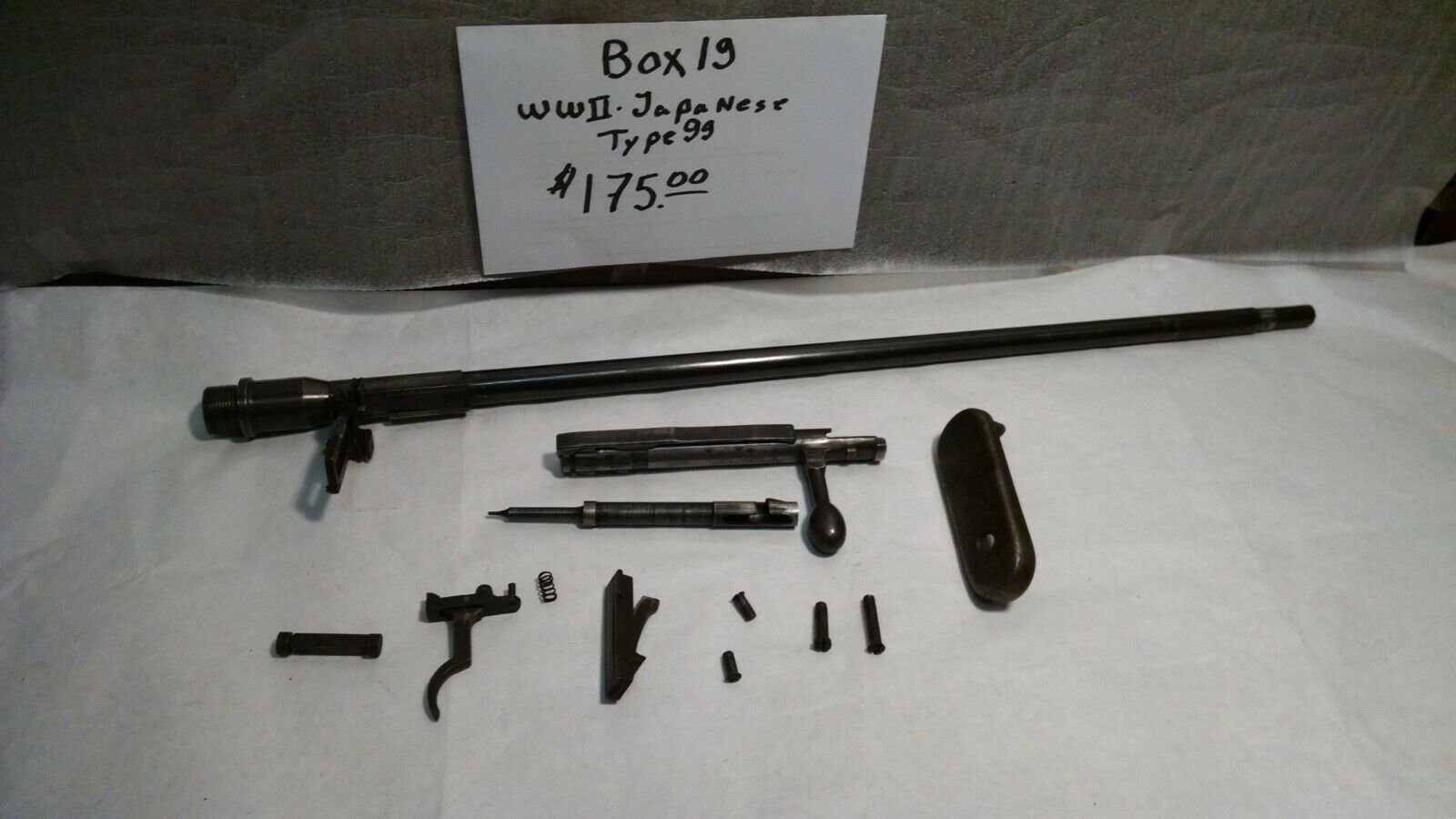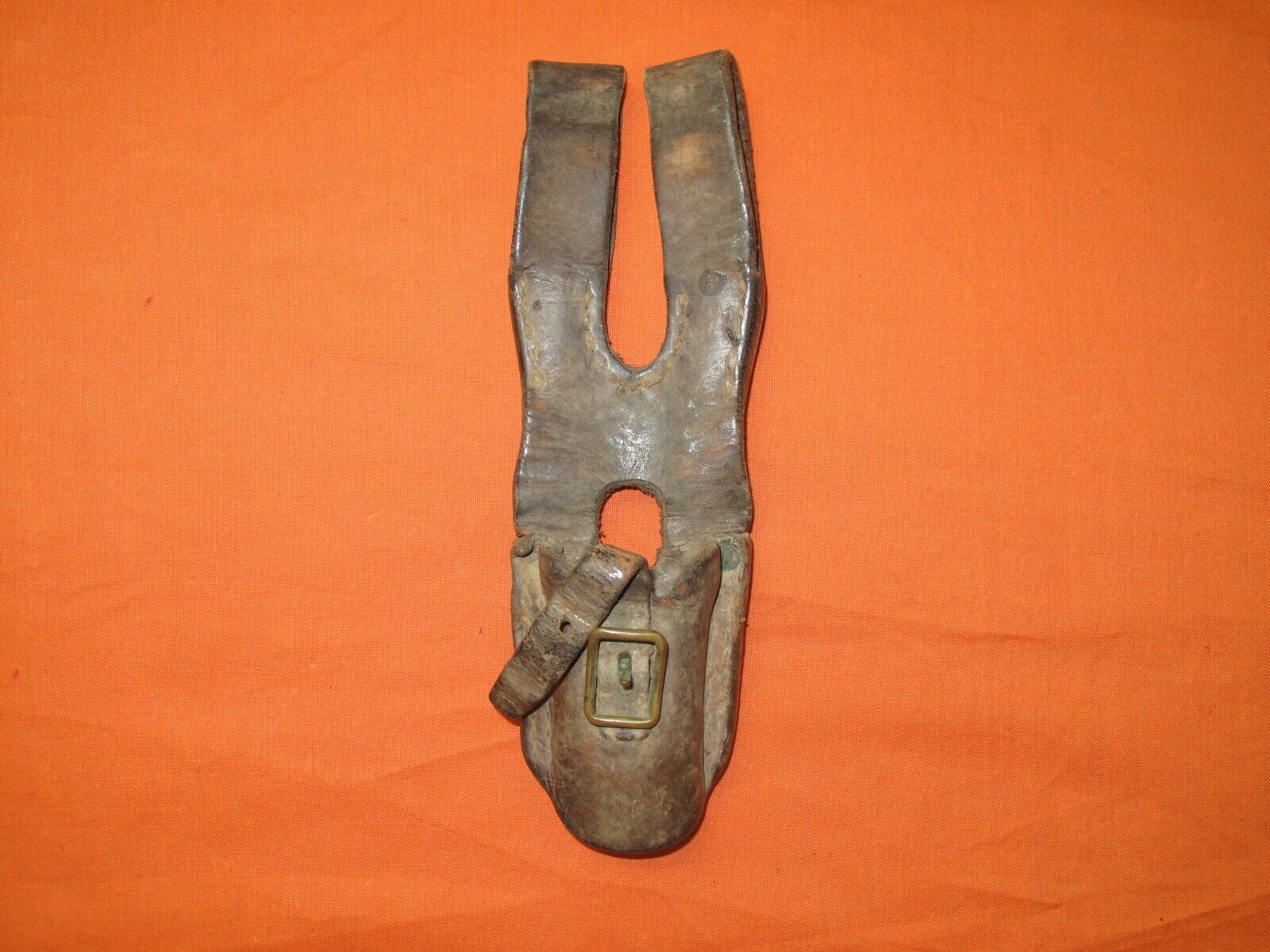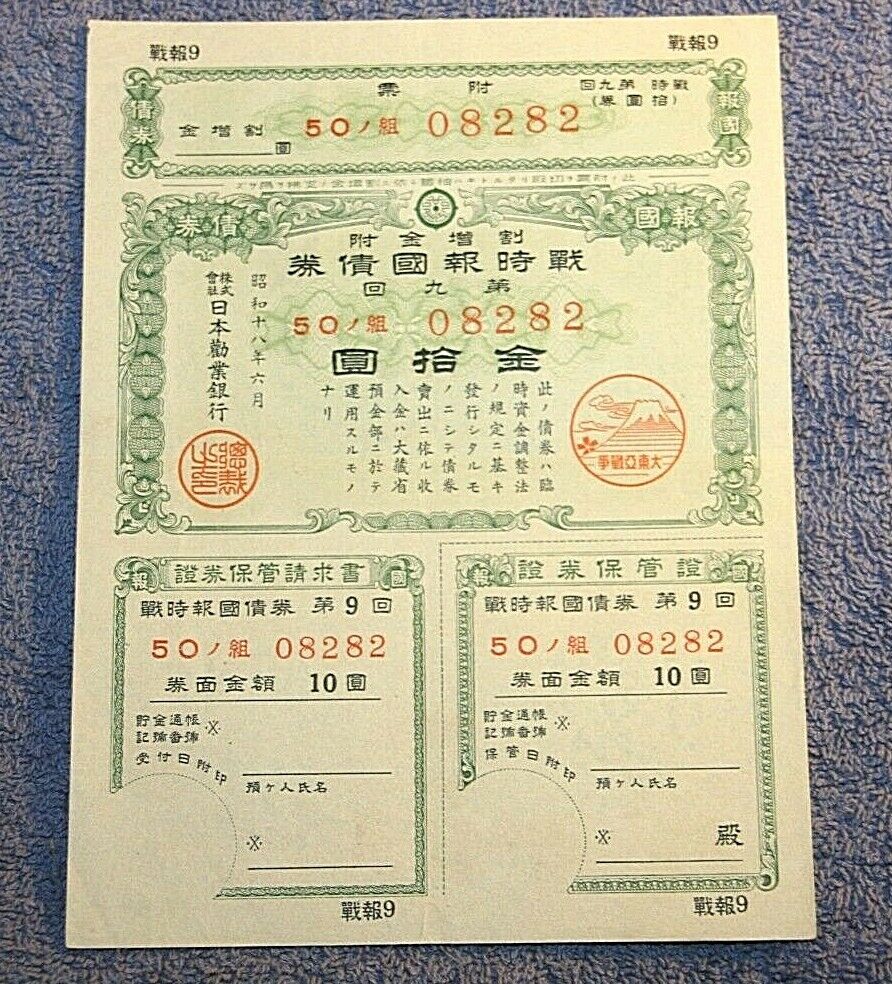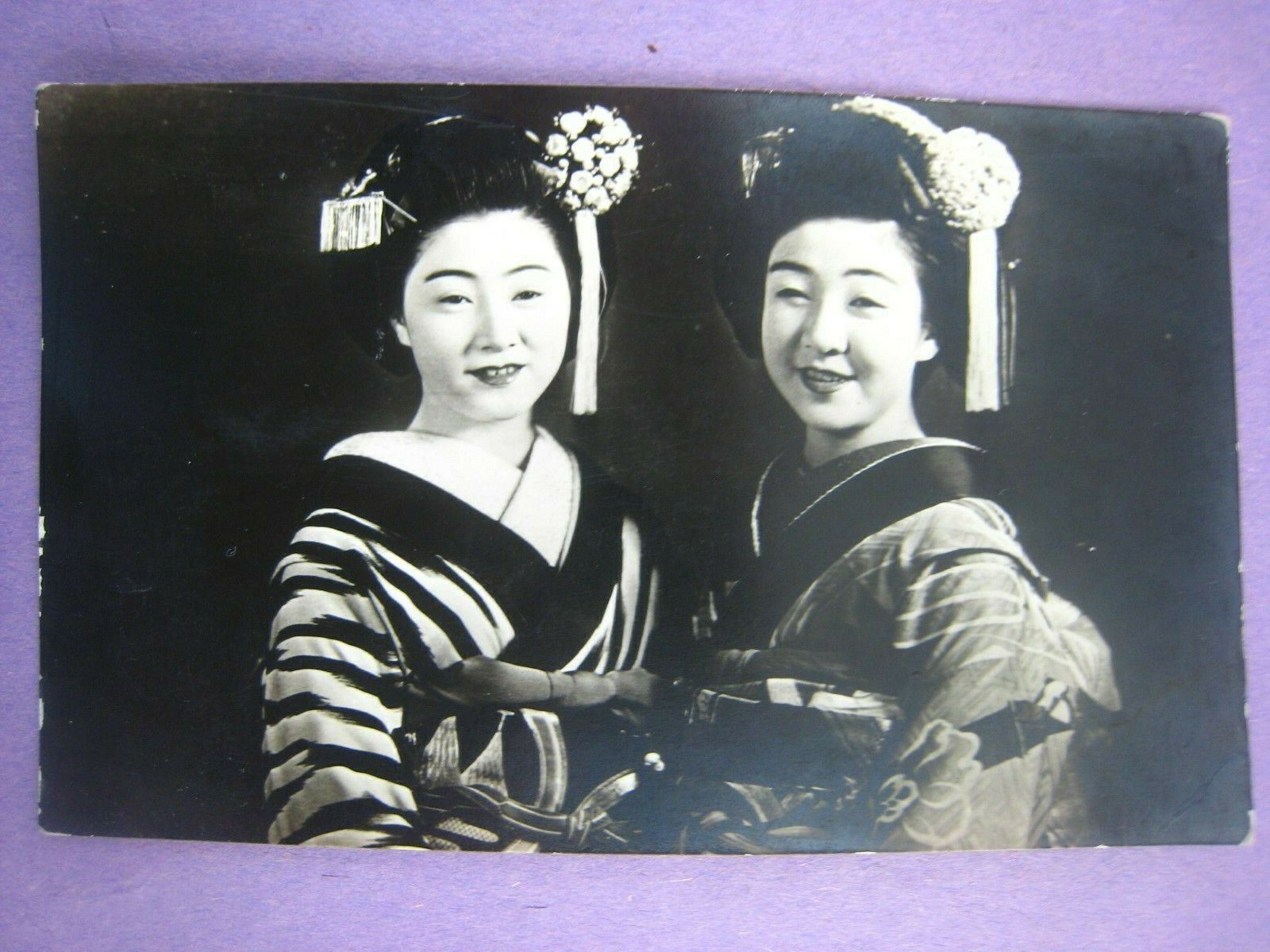-40%
WWII Okinawa Veteran Pacific Bring Back Japanese Bowl Dated October 31, 1945
$ 147.84
- Description
- Size Guide
Description
Comes with C.O.A.Rare original providence marked relic from one of the bloodies battles of the Pacific.
This WWII Japanese bowl comes from the bring back collection of a WWII veteran who served in the Pacific Theater and the bloody combat operation on the island of Okinawa. Items such as these were usually obtained by U.S. soldier as they cleared Japanese positions and caves. The bowl shows heavy use and wear and is cracked in multiple places. The bowl still maintains all of the original dirt. The date on the bowl is inscribed by the soldier “Okinawa Oct 31, 1945”. The battle of Okinawa lasted from March 26th – July 2nd, 1945. It is believed that this bowls was found in a cleared Japanese cave during the following months of the American occupation of the island.
The Battle of Okinawa (Japanese: 沖縄戦, Hepburn: Okinawa-sen), codenamed Operation Iceberg, was a major battle of the Pacific War fought on the island of Okinawa by United States Marine and Army forces against the Imperial Japanese Army. The initial invasion of Okinawa on April 1, 1945, was the largest amphibious assault in the Pacific Theater of World War II. The Kerama Islands surrounding Okinawa were preemtively captured on March 26th, (L-6) by the 77th Infantry Division. The 98-day battle lasted from March 26th until July 2nd, 1945. After a long campaign of island hopping, the Allies were planning to use Kadena Air Base on the large island of Okinawa as a base for Operation Downfall, the planned invasion of the Japanese home islands, 340 mi (550 km) away.
The battle has been referred to as the "typhoon of steel" in English, and tetsu no ame ("rain of steel") or tetsu no bōfū ("violent wind of steel") in Japanese. The nicknames refer to the ferocity of the fighting, the intensity of Japanese kamikaze attacks, and the sheer numbers of Allied ships and armored vehicles that assaulted the island. The battle was one of the bloodiest in the Pacific, with approximately 160,000 casualties on both sides: at least 75,000 Allied and 84,166–117,000 Japanese, including drafted Okinawans wearing Japanese uniforms. 149,425 Okinawans were killed, died by suicide or went missing, a significant proportion of the estimated pre-war 300,000 local population.




















